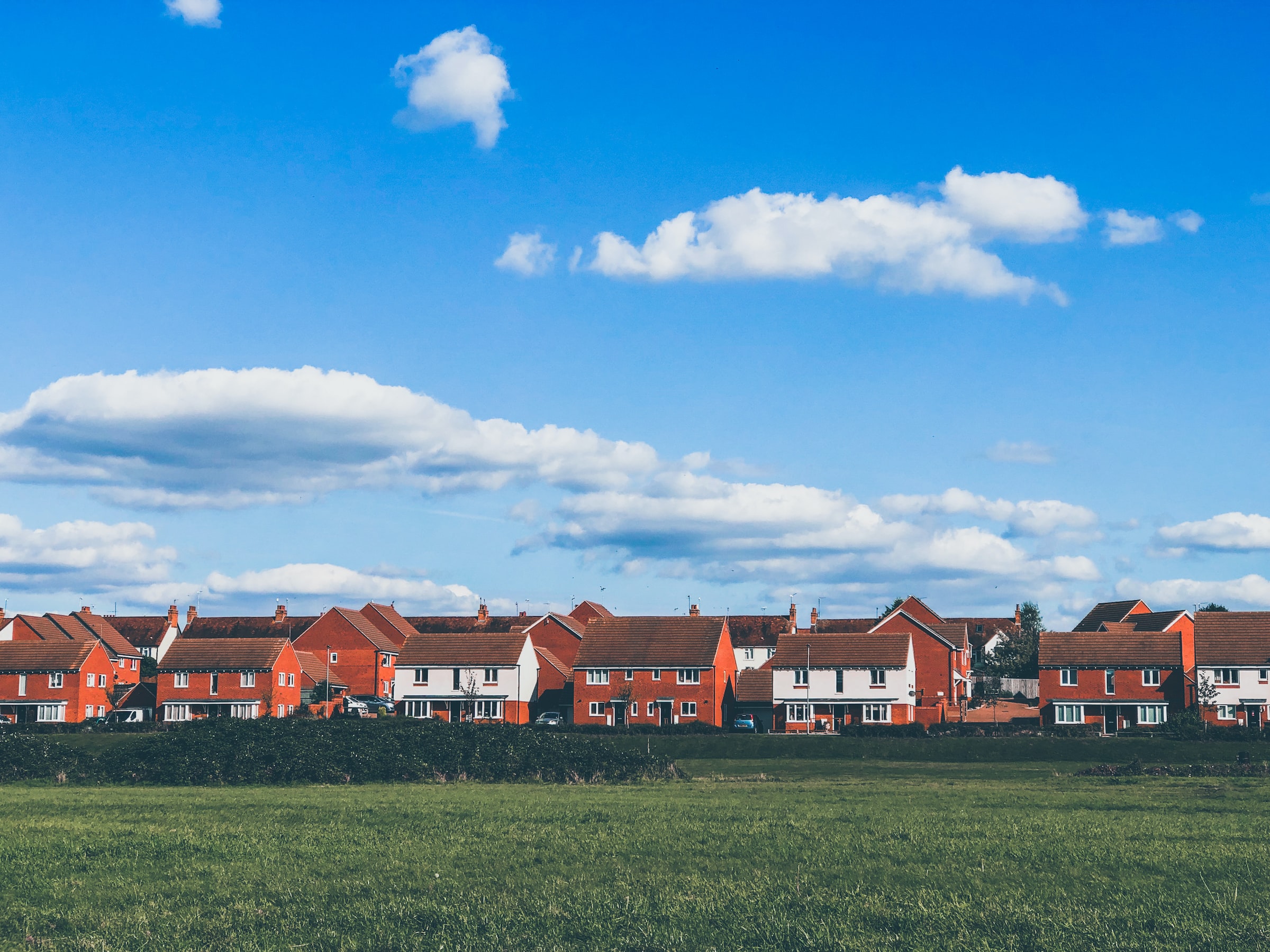How will £117m Help Meet Energy-efficient Home Demand?

River Clyde Homes has secured a £117 million loan facility from the Royal Bank of Scotland to help address the rising demand for sustainable, energy-efficient homes in the west of Scotland. Quadrant Smart looks at how it will help to meet the current energy-efficient home demand.
The registered charity plans to use the funding to raise living standards in the affordable housing market, focusing on the sustainability of existing properties and meeting the current energy-efficient home demand.
Creating Sustainable Homes For The Future Is The Priority
Key investment priorities for tenants include reducing energy demand and bills, improving air quality, lowering carbon emissions, and creating future-proofed houses.
Formed in 2007, River Clyde Homes manages more than 6,000 homes and provides factoring services to a further 2,200 customers in the Inverclyde area.
John Wright, executive group services director at River Clyde Homes, explained that securing the funding is a major milestone for the charity: “The flexibility within this funding package will help us to deliver our future ambitions. These include enabling significant investment to modernise existing homes for customers and helping River Clyde Homes on its journey towards net zero.”
This investment will not only assist the organisation to lower its carbon footprint but will also help to reduce running costs for customers in the face of spiralling energy prices.
The Funding Infrastructure Will Support Associations Adapt
Continuing to deliver on RBS’ commitment to providing £3 billion to support the advancement of the UK’s social housing sector, the announcement will see the bank set to complete this objective in 2022.
It follows a report released by the RBS, which suggested that meeting net zero targets would give Scotland’s economy a £22 billion revenue boost between now and 2030.
Due to the current rise in energy prices, the report argues that the business case for decarbonisation has strengthened, meaning that many decarbonisation investments could make more financial sense for Scottish SMEs in 2022, rather than in 2021.
For example, installing a heat pump pays back today in half the time that it would have taken in 2021 as gas prices have increased more than electricity prices.
David Horne, relationship manager at RBS, expressed that the funding builds on a long-term relationship with River Clyde Homes: “The funding structure is designed to support the association as they adapt to short-term challenges in the market such as rising interest rates and inflation.”
-whilst also providing them with long-term stability and confidence to deliver vital infrastructure projects that raise living standards and build closer communities.
Meeting the demand for sustainable and energy-efficient houses is crucial due to the current energy and housing crisis and for the UK to meet its net zero targets. Meeting these net zero targets would give Scotland’s economy a £22 billion revenue boost between now and 2030.
The report also found that the buildings sector accounted for 44 per cent of the revenue opportunity that could be realised through the delivery of improvements to premises such as insulation and the installation of heat pumps.

